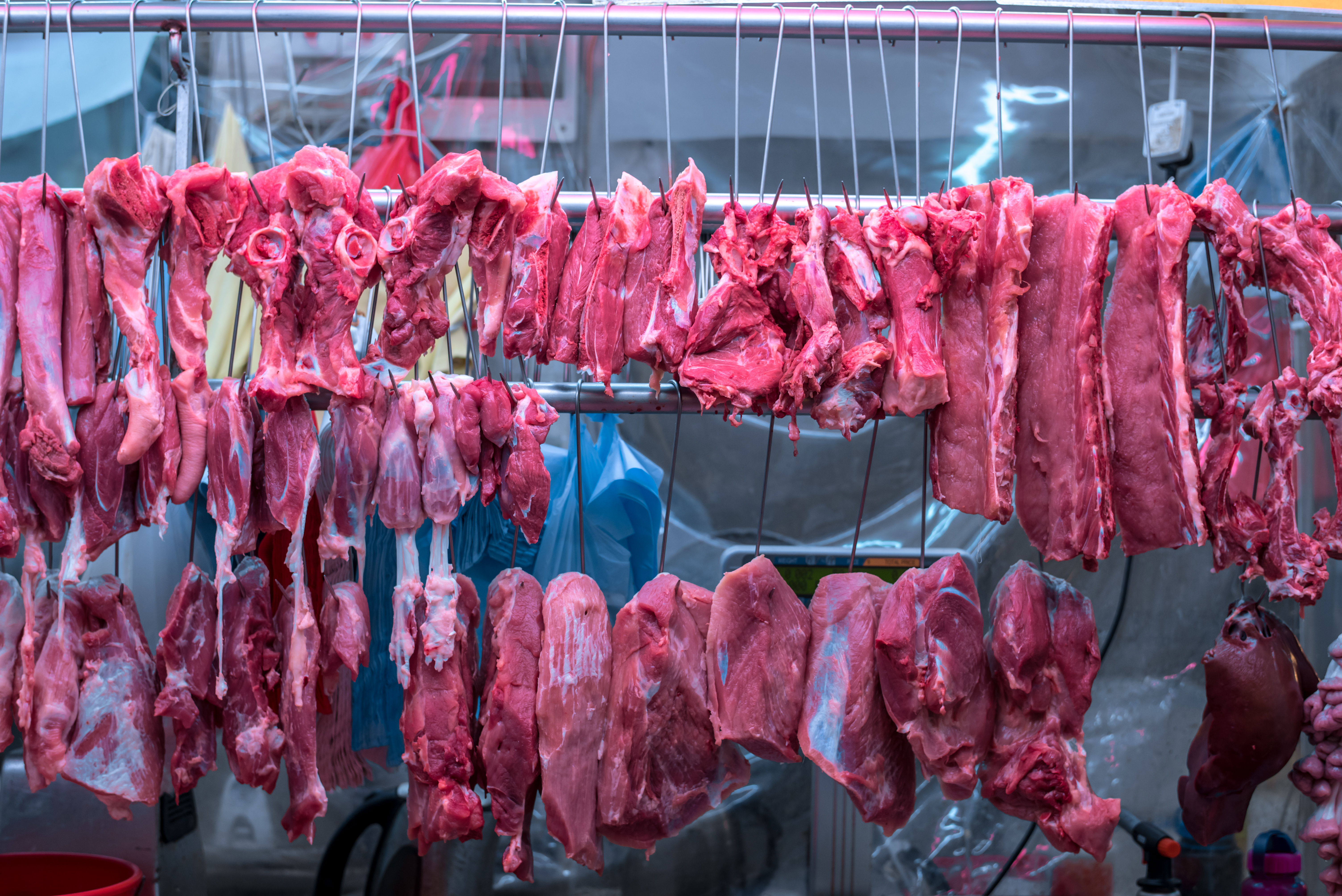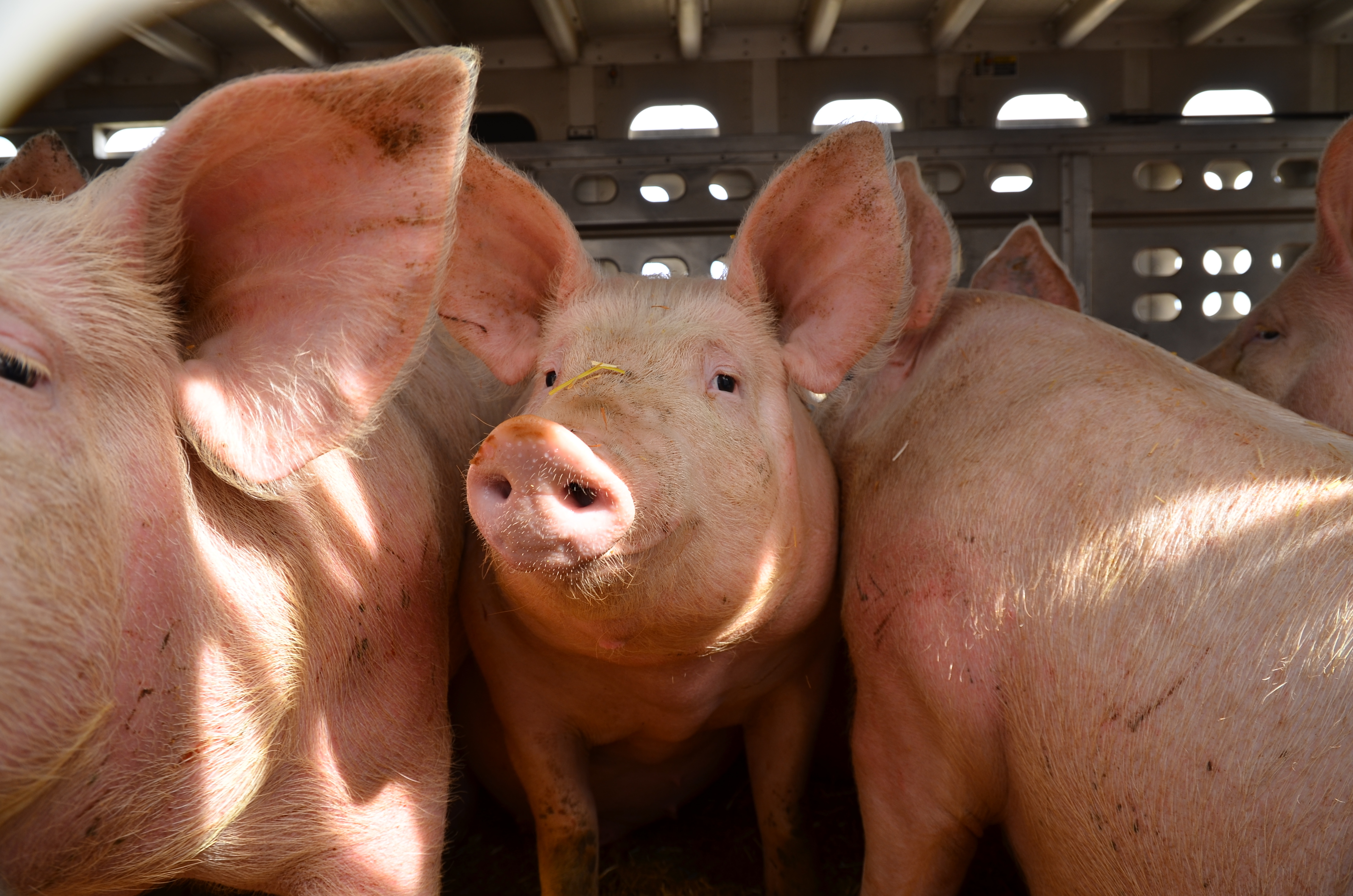



Germany sells more pork to EU partners after Asia ban
Germany’s meat processors are sending pork chops and bacon previously earmarked for Asia to supermarkets across the European Union after China, Japan and South Korea banned German pork imports due to an outbreak of African swine fever in wild boars.Reuters reports that pig prices in the EU’s top producer slid nearly 14 percent immediately after the outbreak was confirmed on 10 September. However, prices have stabilised to a lower level as the disease devastates pig herds across the globe.
Germany's meat has since been effectively trapped in Europe, displacing supplies from rival producers including Spain, Denmark and the Netherlands who continue to sell huge volumes to China, where millions of animals have been slaughtered.
For German meat processors, the overall margins for selling in Europe are weaker than they would be to China, particularly as they have struggled to find markets for offcuts such as ears and feet which are more popular in Asia than Europe.

Opportunities to sell cuts such as shoulder meat and hams that were originally destined for Asian markets have, however, opened up as rivals focus on satisfying strong demand particularly from China which has a huge appetite for pork.
"We are seeing expansion but this is not enough to compensate for the losses," said Andre Vielstaedte, spokesman for Toennies, Germany’s largest processor.
The extra supply in the European market is also putting downward pressure on prices for some cuts of pork.
"We see more German pork on the European market, leading to an oversupply of popular parts such as bacon, pork chops and tenderloin. This is pushing down prices," said Patrick de Leede, a spokesman for the Dutch association of meat producers.
For Dutch producers there is some compensation in the form of extra sales to China.

"We certainly see a shift of Dutch pork exports to China, but it is mainly export of parts of the pigs which are popular over there, but not here: such as heads, legs and tails," De Leede added.
Daniel de Miguel, director of business association INTERPORC’s international arm, said Spanish exports to China had already been rising sharply before the ban on German imports.
Between January and July, Spain exported 662,261 tonnes of pork to China, roughly double 2019 levels, he added.
"We’re seeing stability in the market and in the production of Spanish pork at this time. The price of pork has flexed slightly, but it’s being supported mainly thanks to increased import demand from China," he said.
A spokesman for another key pork exporter, Danish Crown, said the company which has seen sales to China rise significantly has no spare capacity to increase exports further at the moment.
The benefits of a regional approach
Germany has been lobbying major Asian buyers to allow pork to be exported from parts of the country free of ASF, which is almost always deadly in pigs but not harmful to people.
Such a regional approach is taken in the EU which allows Germany to continue shipping pork to major European buyers such as Italy.

German agriculture minister Julia Kloeckner said on Friday there were some "cautious positive signals", adding she had met a Japanese delegation on the issue.
"Berlin must press the principle of regionalisation in talks with China and Korea. The whole of Germany really should not have a long-term export ban," said a spokesman for German meatpacker Mueller Group.
"Our goal must be to stabilise prices. A further fall in prices would endanger the entire German pork production, especially in the family-based farms in south Germany."
China imported 3.29 million tonnes of pork meat in the first nine months of 2020, up 132 percent year-on-year, according to customs data.
But Chinese buyers have slowed purchases as they seek to assess a potential rebound in the country's own hog herd, said Justin Sherrard, global strategist for animal protein at Rabobank.
High pork prices in China have also encouraged importers and consumers to favour other protein supplies, he said
And even though the herd is rebounding, pork output will take much longer to be restored given the challenges of rebuilding the quality to produce meat, experts say.






